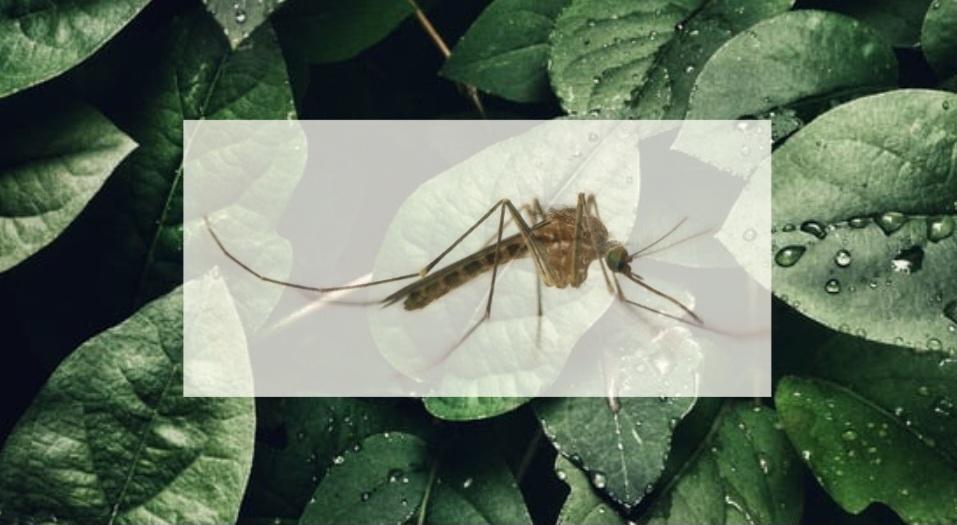
First West Nile Virus Cases Amid Mosquito Surge in Wisconsin
Confirmed cases in Chippewa and Washington Counties highlight the importance of mosquito control as heavy rainfall fuels a surge
Confirmed cases in Chippewa and Washington Counties highlight the importance of mosquito control as heavy rainfall fuels a surge
Wisconsin has reported its first cases of West Nile Virus for the summer season, with the disease confirmed in a dead bird found in Chippewa County and a blood donor in Washington County. Although West Nile Virus typically does not pose a serious threat to humans, in rare cases, it can lead to severe symptoms, including fevers, headaches, rashes, and in extremely rare cases, seizures or coma. As the virus is primarily transmitted by mosquitoes, residents are urged to eliminate sources of standing water around their homes to reduce mosquito populations.
The warm weather, humidity, and frequent thunderstorms that are defining Wisconsin’s spring and summer months, also create ideal conditions for mosquitoes to thrive. With 56 species of mosquitoes calling the state home, including the Inland Floodwater Mosquito (Aedes) and the Northern House Mosquito (Culex), residents have likely noticed an increase in these pesky insects.
As Wisconsin enters the height of mosquito season, residents are encouraged to stay vigilant, protect themselves, and take steps to reduce mosquito populations to prevent the spread of West Nile Virus.
Meteorologist Brittney Merlot
The Aedes mosquito is notorious for breeding in stagnant water found in old tires, flower pots, barrels, and tree stumps. Their eggs can remain dormant for up to five years, waiting for the right conditions to hatch.
“They are always there, and when we have high rainfall years, they become even more prevalent,” experts warn.
These mosquitoes are aggressive, often traveling more than 10 miles from their breeding sites in search of blood. Their bites are not only painful but also carry the risk of transmitting dog heartworm.
The Culex mosquito, or Northern House Mosquito, is another common species in Wisconsin. These mosquitoes prefer wet, damp areas such as ditches, catch basins, untended swimming pools, and bird baths. They are known carriers of the West Nile Virus, making them potentially dangerous to humans who don’t take precautions, such as using insect repellent and wearing protective clothing.
“The first confirmed cases of West Nile Virus in Wisconsin this year was detected in a blood donor from Washington County and a dead bird in Chippewa County,” officials reported.
The virus spreads to humans, birds, and other animals through the bite of an infected mosquito, which contracts the virus from feeding on infected birds. People with weakened immune systems are at higher risk of serious illness.
Prevention Tips
To help prevent mosquito bites, residents are advised to eliminate any sources of standing water around their homes, such as flower pots, dog pools, and clogged gutters.
“Reducing these sources will help you enjoy your yard while keeping mosquitoes at bay,” experts recommend.
As mosquitoes continue to thrive in the wet conditions brought on by heavy rainfall, Wisconsin has become a prime habitat for these insects.
“They are definitely worse this year,” residents say, noting the increase in mosquito activity following June’s heavy precipitation and July’s continued rainfall.
Green Bay, for instance, has already tripled its normal rainfall totals for August, creating ideal breeding conditions for mosquitoes.
Diagnosis and Treatment
If you’re dealing with mosquito bites, the CDC recommends washing the area with warm soap and water, then applying an ice pack for 10 minutes to reduce swelling and itching. Over-the-counter itch medicines or antihistamine creams can also provide relief. For a more natural remedy, try mixing baking soda with water to create a soothing paste or applying peppermint or tea tree oil to ease the itch and prevent infection.
As Wisconsin enters the height of mosquito season, residents are encouraged to stay vigilant, protect themselves, and take steps to reduce mosquito populations to prevent the spread of West Nile Virus.
Want More Local News?
Civic Media
Civic Media Inc.
The Civic Media App
Put us in your pocket.